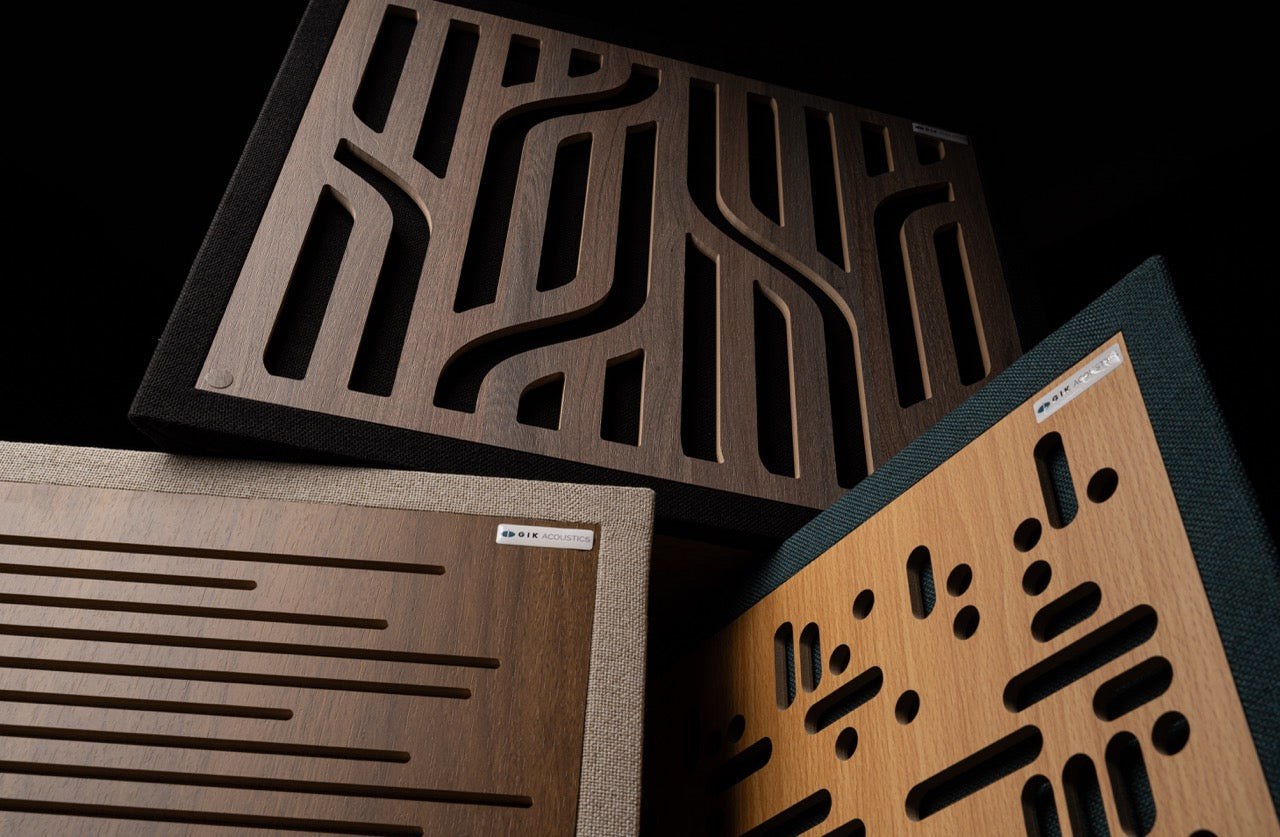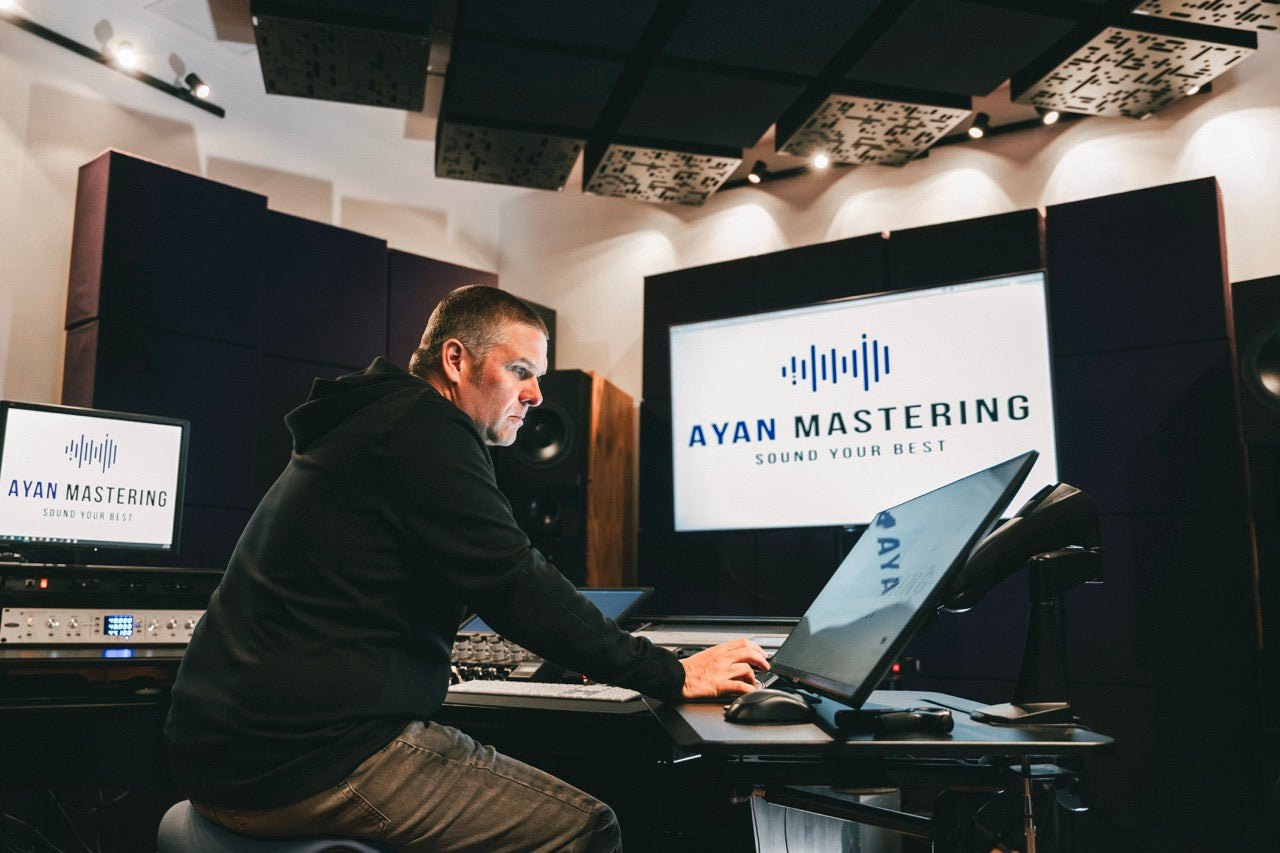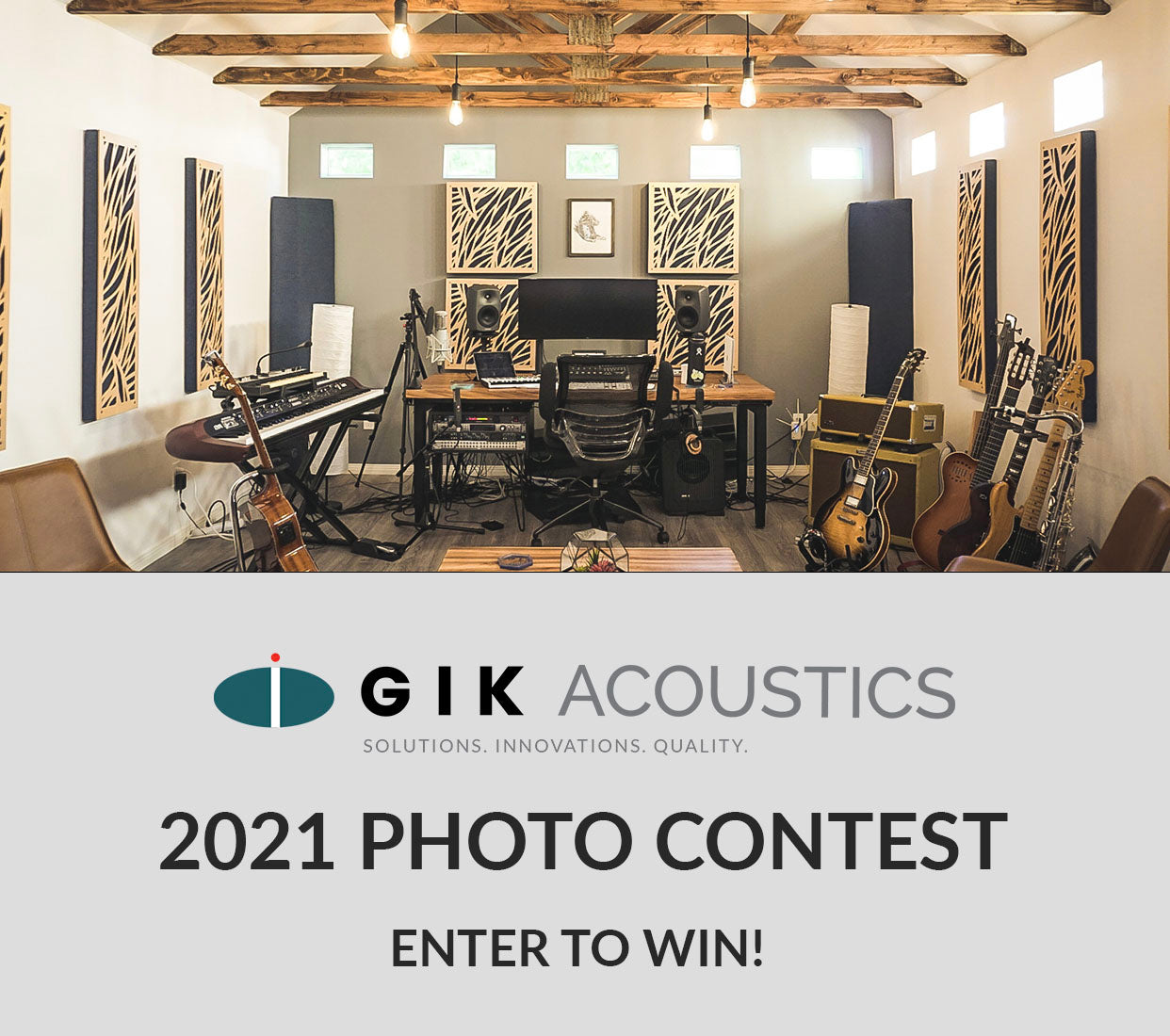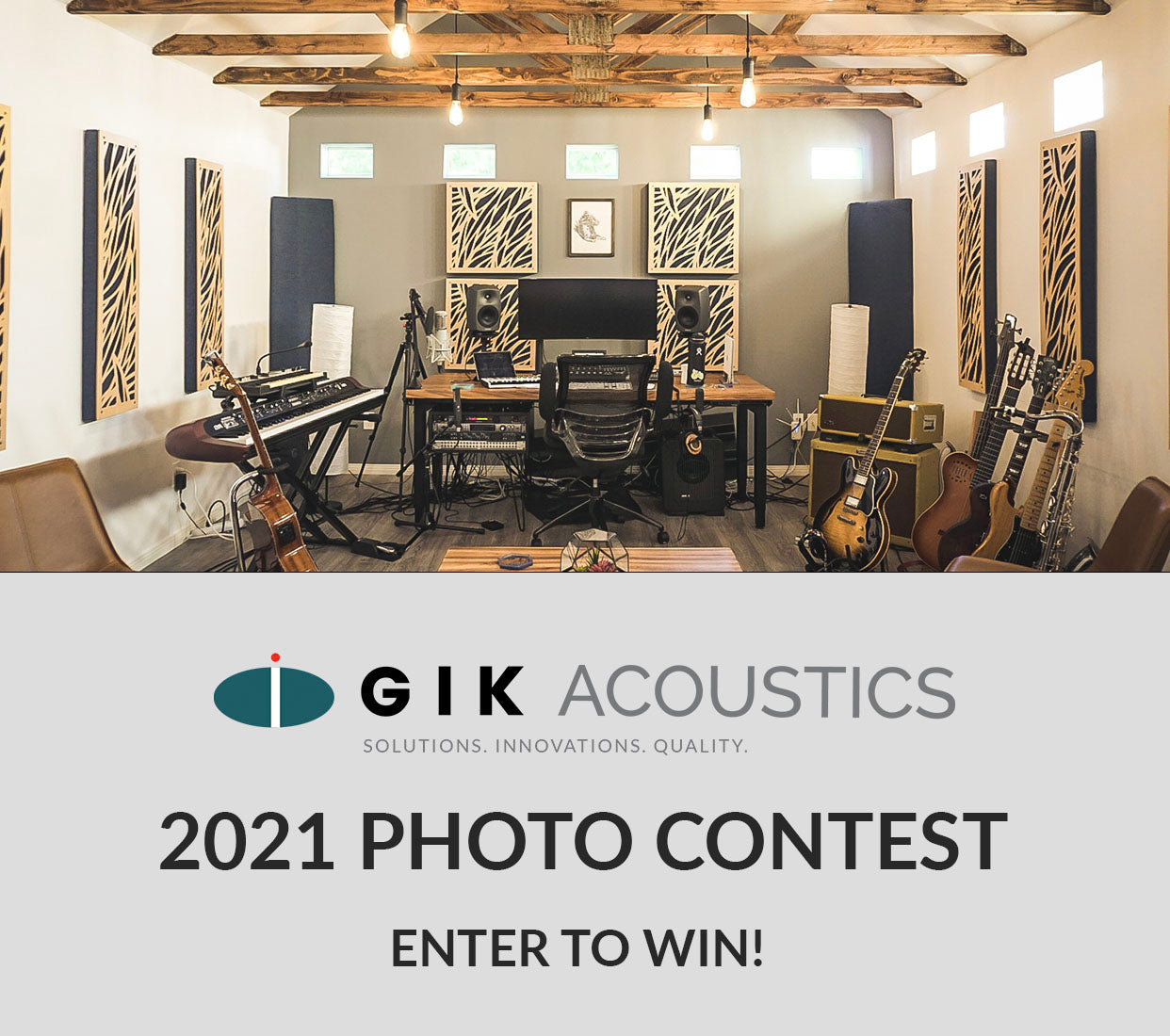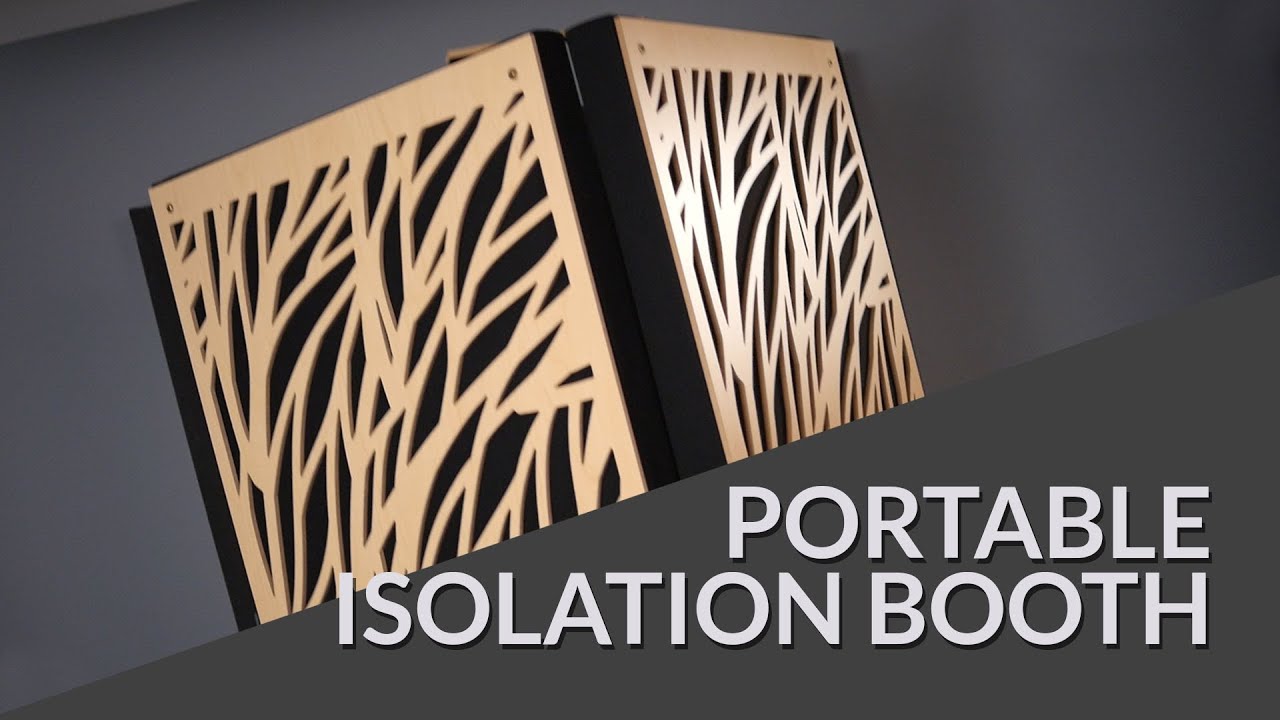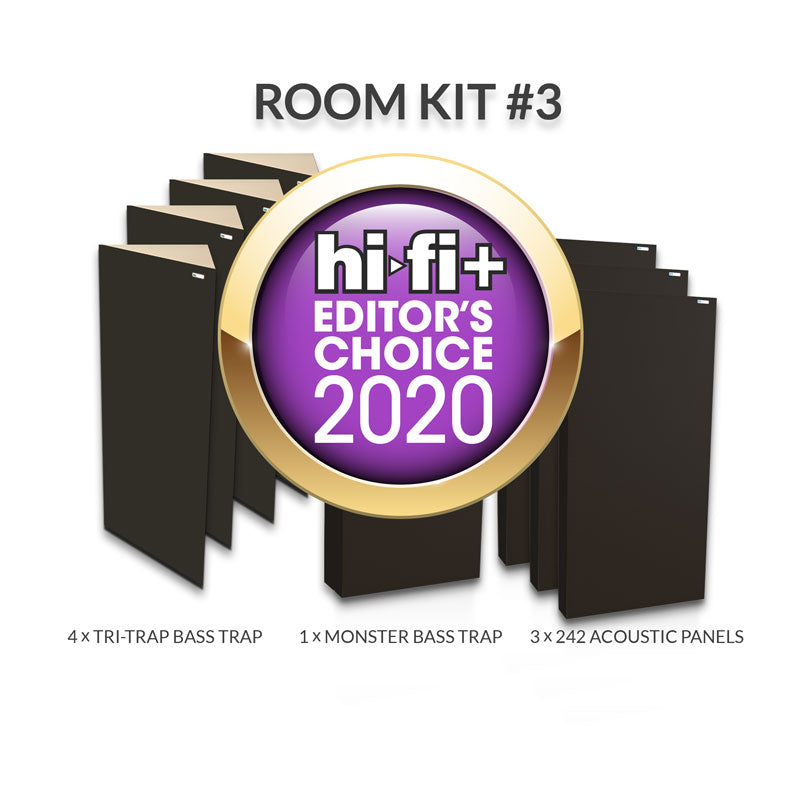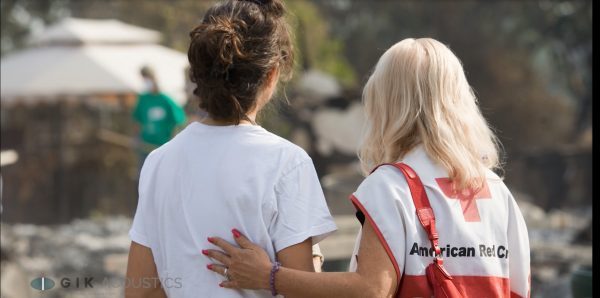News
Longtime visitors to gikacoustics.com will notice that things look a little bit different! We've just launched an exciting new website with numerous changes. The site looks better of course, but there is also some new functionality, along with some changes to our product line. This article will go over the changes.
GIK Acoustics Presents New Approach to High-End Room Design at AES
GIK Acoustics Vice President of Acoustic Design, James Lindenschmidt, will present new research at the AES 159th Convention in Long Beach on October 23 at 4:00 p.m. His paper, “Modular, Shippable Acoustic Treatments for High-End Mastering Rooms,” details a case study with Adam Ayan’s new mastering facility. The work demonstrates how a modular treatment strategy can match or exceed the performance of traditional built-in rooms while remaining adaptable and relocatable. This approach represents a practical new path for mastering, mixing, and broadcast environments that demand both precision and flexibility.
Register: https://sched.co/28vfx
GIK Giveaway Viral Video Contest 2024
GIK Giveaway Summer Photo Contest 2021
PIB (Portable Isolation Booth) Used as Vocal Booth
GIK Acoustics Awarded Hifi plus Editors Choice 2020 Award
